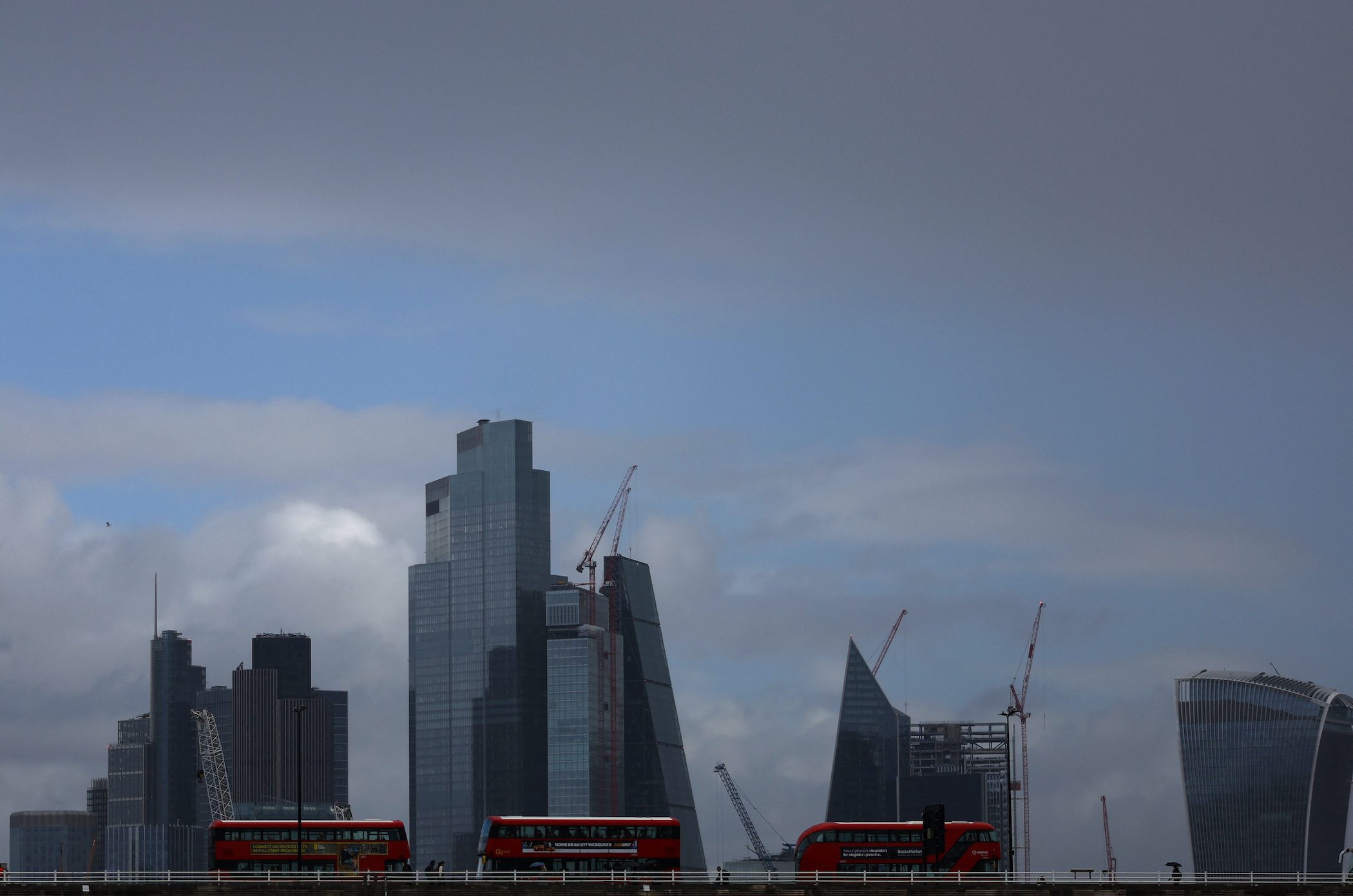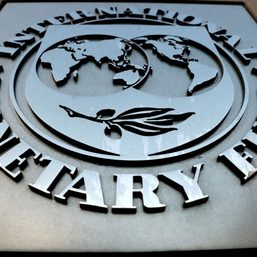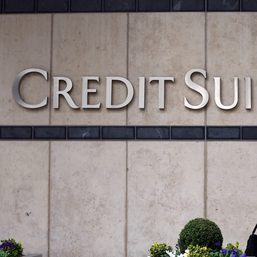SUMMARY
This is AI generated summarization, which may have errors. For context, always refer to the full article.

LONDON, United Kingdom – The Bank of England is likely to deliver a “significant” rate hike at its next meeting in November after finance minister Kwasi Kwarteng‘s tax cut plan unleashed turmoil in financial markets, BoE Chief Economist Huw Pill said on Tuesday, September 27.
After the pound touched an all-time low of $1.0327 on Monday, September 26, leading economists, investors, and executives had earlier warned that rock-bottom investor confidence in British assets would recover only if Kwarteng scrapped the economic plan he outlined on Friday, September 23.
British government bonds have also sold off at a ferocious pace since the fiscal plans sparked a crisis of confidence in new Prime Minister Liz Truss‘ handling of the economy.
“It is hard not to draw the conclusion that this will require a significant monetary policy response,” Pill told the CEPR Barclays Monetary Policy Forum.
With analysts still speculating about Britain’s future financial direction, and markets volatile, a growing number of mortgage providers, unable to price loans, suspended sales.
US economist Larry Summers, a former US Treasury secretary, said surging interest rates on long-dated British debt were a sign that credibility had been lost, adding that London’s viability as a global financial center was at risk.
“My guess is that pound will find its way below parity with both the dollar and euro…. The first step in regaining credibility is not saying incredible things,” he said, after Kwarteng suggested he wanted further tax cuts still.
Shai Weiss, head of airline Virgin Atlantic, urged the government to stabilize the country’s economic affairs and accept that a move to fund huge tax cuts with vast government borrowing had left Britain in a weaker position.
“All of us in this room should be humble enough to say that if I said something that is not working, maybe I should reverse course, that is not a bad thing to do,” he said at a press conference to announce an alliance with SkyTeam.
Truss was elected prime minister earlier this month by a vote of Conservative Party members – not the broader electorate – with a vow to snap the economy out of years of stagnant growth with deep tax cuts and deregulation.
But Kwarteng’s economic plan, requiring an additional 72 billion pounds worth of government debt issuance in this fiscal year alone, has shocked investors, sending the costs of such borrowing even higher.
While many of her lawmakers have cheered a return to the Thatcherite and Reaganomics doctrines of the 1980s, some are starting to express alarm about the impact it will have on the finances of the government, companies, and households.
Two years before a general election is due, the opposition Labour Party now holds a 17-point lead over Truss’ Conservatives, a level not seen in more than two decades, according to a YouGov opinion poll for The Times newspaper.
In jeopardy
“I think we are in a extremely difficult situation,” Mel Stride, a Conservative lawmaker and chair of parliament’s Treasury Select Committee, told BBC Radio.
“There is much talk, understandably, about where the pound is, but I think the bigger concern is the bond markets and the fact that yields now have spiked so high.
“The country is in a very difficult position.”
Huw Merriman, a Conservative lawmaker who like Stride backed Truss’ rival, former finance minister Rishi Sunak, in the race to become prime minister, said the victor appeared to be “losing our voters with policies we warned against.”
The Bank of England and Treasury had released statements on Monday afternoon in the hope of reassuring investors, with the central bank saying it would not hesitate to raise interest rates if needed.
That immediately knocked the pound further, however, as some investors had bet on an emergency rate hike. It recovered slightly on Tuesday and was up 0.5% on the day at $1.0740 at around 1400 GMT.
Former BoE deputy governor Charles Bean said he would have advocated an emergency move from the central bank.
“I think this is one of those occasions where it might have made sense [to call a meeting],” he told BBC radio. A “go big and…go fast” strategy would be the best approach, he said.
Kwarteng pledged on Monday to set out medium-term debt-cutting plans on November 23, alongside forecasts from the independent Office for Budget Responsibility showing the full scale of government borrowing.
He met leading bankers, insurers, and asset managers on Tuesday and said he was “confident” that his economic strategy would work when combined with supply side reforms.
But many remain unconvinced. Economist Allan Monks from America’s largest bank JP Morgan said the verbal intervention from the BoE and Treasury had been “measured.”
“But there is still no clear sign that the source of the problem – the government’s fiscal strategy – is being reversed or reconsidered,” Monks said.
“This will need to happen before November in order to avoid a much worse outcome for the economy.” – Rappler.com
Add a comment
How does this make you feel?





![[ANALYSIS] Time to take the contrarian side](https://www.rappler.com/tachyon/2024/07/thought-leaders-time-to-take-the-contrarian-side-072520224.jpg?resize=257%2C257&crop=452px%2C0px%2C1080px%2C1080px)
![[ANALYSIS] Every inch of the market’s climb is a battle now but may soon prove better](https://www.rappler.com/tachyon/2024/07/thought-leaders-market-climb-battle.jpg?resize=257%2C257&crop=324px%2C0px%2C720px%2C720px)

![[ANALYSIS] A new advocacy in race to financial literacy](https://www.rappler.com/tachyon/2024/04/advocacy-race-financial-literacy-April-19-2024.jpg?resize=257%2C257&crop_strategy=attention)
![[ANALYSIS] Search for stocks that continue to sizzle](https://www.rappler.com/tachyon/2024/04/search-stocks-that-sizzle-April-5-2024.jpg?resize=257%2C257&crop_strategy=attention)



![[EDITORIAL] US Supreme Court on Trump’s immunity: Punyal sa puso ng Amerika](https://www.rappler.com/tachyon/2024/07/animated-trump-scotus-presidential-immunity-carousel.jpg?resize=257%2C257&crop=263px%2C0px%2C720px%2C720px)

There are no comments yet. Add your comment to start the conversation.